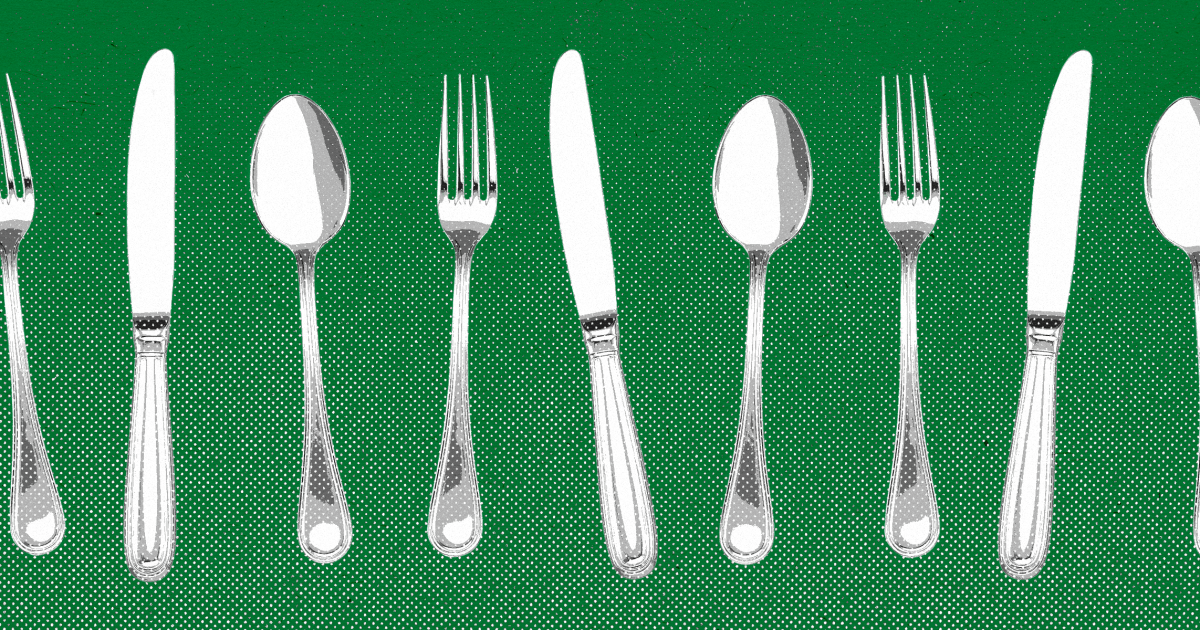Eating a balanced diet full of fruits, vegetables, whole grains and lean protein is one of the most effective ways to extend your lifespan, research shows. But it can be difficult to know how much to eat of each important food group to assure you’re getting the right amount of nutrients to maintain overall health.
For example, fiber is important to ward off chronic disease, and protein is crucial to supporting muscle mass and function, especially since muscle mass decreases as you age. Plus, micronutrients like antioxidants can protect your cells from damage that can lead to cancer and other illnesses, the risk of which increases with age. And those are just a few of the nutrients you should try to consume daily.
The good news is eating fruit will provide you with a lot of the vitamins and minerals you need to take care of your body. But how much fruit do you really need for healthy aging?
Dietitian Tip of the Day: Eat At Least 2 Pieces of Fruit a Day for Healthy Aging
“Fruits are a good source of vitamins and minerals,” Heidi Silver, director of the Vanderbilt Diet, Body Composition, and Human Metabolism Core at the Vanderbilt University Medical Center, told NBC News. “There’s such as wide range of micronutrients in them. You don’t get that from a lot of the other food groups.”
“I would recommend eating a variety of fruits,” she added. “But they should at least eat two pieces of fruit a day.”
Why It Matters
A recent study found that women who ate diets high in fiber and healthy carbs had better physical and cognitive wellbeing in midlife and later compared to those who did not.
The high-quality carbs that were linked to healthier aging were whole grains, fruits, vegetables and legumes — likely due to their high fiber content, which keeps blood sugar levels stable and makes you feel full for longer periods.
How to Get Started
As Silver said, both eating enough fruit and a variety are important to overall health. While some fruits may pack in more nutrients than others, there is some nutritional benefit to all fruits. Some of the healthiest fruits, according to registered dietitian and TODAY contributor Samantha Cassetty, include blueberries, avocado, dates, watermelon, kiwis and more.
To add more fruit into your diet, try buying frozen fruit (which is frozen at the peak of its freshness) to add to a smoothie; take a whole fruit, like a pear, with you as a snack. You can also use fruit to make healthy, dietitian-approved desserts.
TODAY’s Expert Tip of the Day series is all about simple strategies to make life a little easier. Every Monday through Friday, different qualified experts share their best advice on diet, fitness, heart health, mental wellness and more.
link

